Gaming computers have come a long way in recent years. They now offer the power and performance that hardcore gamers need to dominate their opponents. But with all that power comes a cost – how many amps does a gaming PC use? In this article, we will answer that question and provide some tips on how to keep your energy usage under control. So whether you are building your first gaming PC or just want to make sure your current machine is running as efficiently as possible, read on!
Table of Contents
What is a Gaming PC?
A gaming PC is a personal computer designed for playing video games that require a lot of computing power. Gaming PCs are often more expensive than standard PCs because they include high-end components that improve game performance.
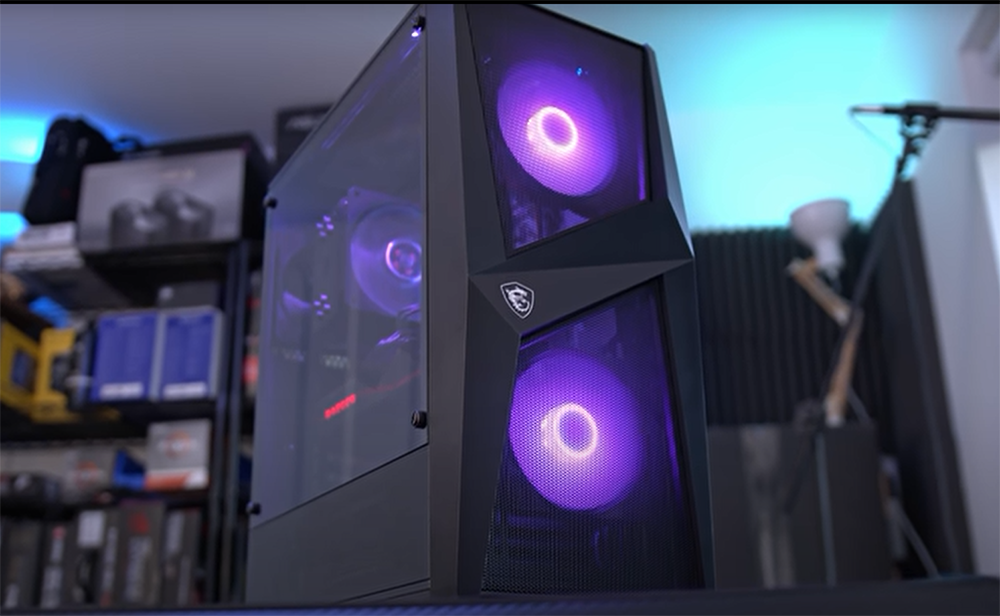
Some people use gaming laptops, which are portable computers with the same type of components as a gaming PC. However, laptops typically have lower specs than desktop gaming PCs, so they don’t perform as well in games.
The definition of a gaming PC may be quite loose at times. This could be anything from a simple budget machine to a high-end rig with all the bells and whistles. However, there are some common features that most gaming PCs will have. Let’s take a look at them!
A powerful CPU for running demanding games
The central processing unit (CPU) is the heart of any computer, and gaming PCs are no different. A powerful CPU is essential for running demanding games without lag or slowdown.
AMD and Intel are the two main manufacturers of CPUs, and both offer a variety of models that are designed for gaming. AMD’s Ryzen line of CPUs is particularly popular among gamers, as they offer excellent performance at a relatively affordable price point.
Intel’s Core i series CPUs are also popular among gamers, although they tend to be more expensive than their AMD counterparts.
It’s worth noting that both AMD and Intel offer low-power CPUs that use less electricity than their higher-end models. These low-power CPUs can be a good choice for gamers who want to save money on their power bill.
Plenty of RAM for multitasking and handling large game files
Random access memory (RAM) is a type of storage that your computer uses to store data that it needs to access quickly. This can include everything from the operating system to the files you’re currently working on.
Gaming PCs need plenty of RAM to handle the demands of modern games. Most of the newer games require at least eight gigabytes (GB) of RAM, and some may even require 16 GBs.
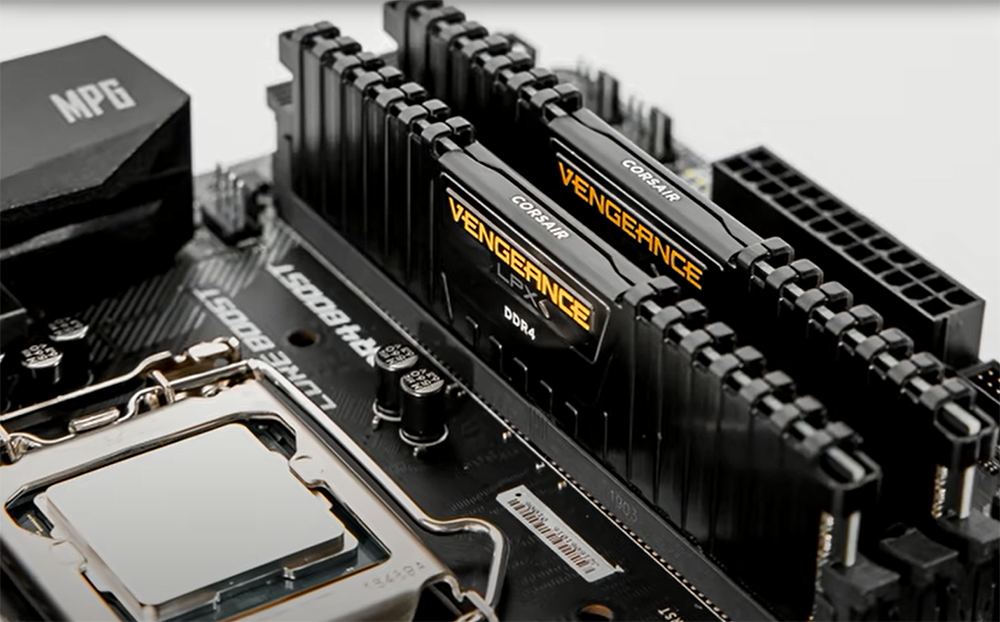
It’s also worth noting that many gaming laptops come with less RAM than their desktop counterparts. This is due in part to the fact that laptops have limited space for components. As a result, you may need to upgrade your laptop’s RAM if you want to play the latest games without any issues.
Robust cooling to prevent overheating during long gaming sessions
As we mentioned before, gaming PCs use more power than standard desktop PCs. This increased power draw can cause the components in your gaming PC to overheat.
To prevent this from happening, gaming PCs come with robust cooling systems that keep the components cool during extended gaming sessions. These cooling systems often include multiple fans and heat sinks that help dissipate heat away from the components.
Overheating can cause damage to your computer’s components, so it’s crucial to make sure that your gaming PC has adequate cooling.
However, the more complex the cooling system is, the more amp hours it will use.
A dedicated graphics card for delivering smooth visuals
Next important component in any gaming PC is the graphics card. The graphics card is responsible for generating the images you see on your screen, and it needs a lot of power to do its job properly.
There are integrated and dedicated graphics cards. Integrated graphics cards are built into the CPU and use a portion of the CPU’s power to generate images. These types of graphics cards are fine for basic computing tasks, but they aren’t powerful enough to run demanding games.
Dedicated graphics cards have their own independent power supply and can generate images without relying on the CPU. These types of graphics cards are necessary for gaming, as they offer the high level of performance that modern games require.
Nvidia and AMD are the two main manufacturers of dedicated graphics cards, and both offer a variety of models that are designed for gaming.
High-end graphics cards can use up to 300 watts of power, which is significantly more than a standard desktop PC. If you want to game at high resolutions or with lots of graphical detail, you’ll need a powerful graphics card.
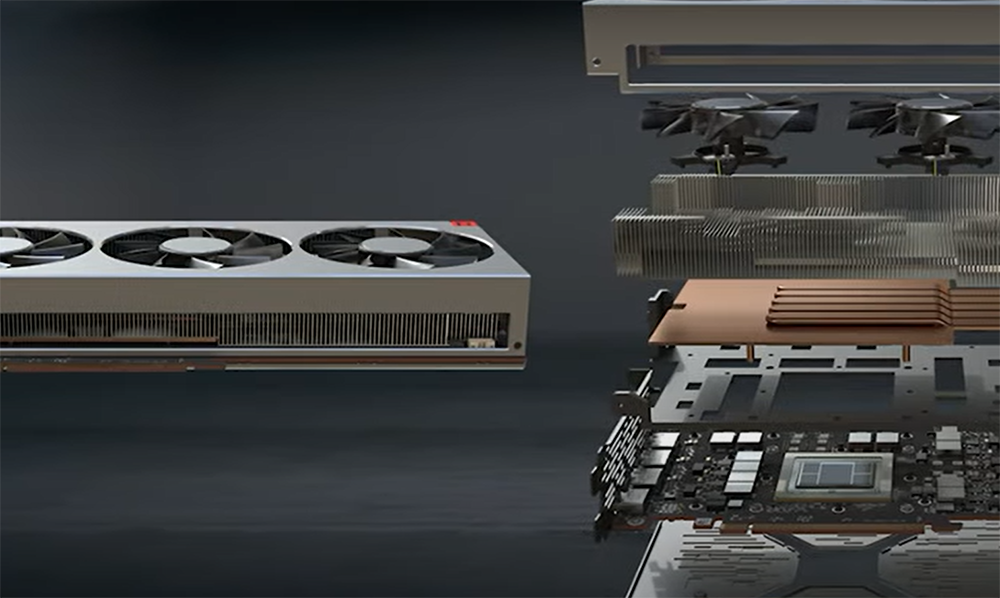
Dedicated graphics cards are also important for playing games at high frame rates. A higher frame rate means that the game will look smoother and be more enjoyable to play. If you’re a competitive gamer, a high frame rate can give you an advantage over your opponents. [1]
How are Gaming PCs Different From General Purpose PCs?
The main difference between a gaming PC and a general purpose PC is the former’s ability to handle graphics-intensive tasks. Gaming PCs are equipped with high-end CPUs, GPUs, and other gaming-related hardware that allows them to run the latest and most demanding games without any lag or slowdown.
Another key difference between gaming PCs and general purpose PCs is their price point. Gaming PCs tend to be significantly more expensive than general purpose PCs, due in large part to the higher quality hardware they require.
Factors That Influence the Amp Usage of a Gaming PC
Usage time
The first factor is pretty simple: the more you use your gaming PC, the higher your energy consumption will be. If you only game for a few hours a week, your power usage will be lower than if you were to play for several hours every day.
Components of the PC
The next factor is the type and quality of components in your gaming PC. As we mentioned before, gaming PCs require high-end hardware that can handle demanding tasks. This means that your GPU, CPU, and other components will use more power than their counterparts in a standard desktop PC.
For example, some dedicated graphic cards can feature real-time ray tracing. This is a demanding task that requires a lot of processing power and thus uses more electricity. Similarly, if you have an overclockable CPU, it will also use more power than a non-overclockable one.
In general, the better the specs of your gaming PC, the higher its power consumption will be.
Additionally, the number of components in your gaming PC will also influence its power usage. More components equals more power consumption. This is why it’s important to only buy the hardware you need for your gaming rig. There’s no need to go overboard and get unnecessary parts that will just increase your energy bill.
Graphic settings of the games you play
Finally, the way you use your gaming PC can also affect its power usage. If you frequently game on “ultra” graphic settings, your PC will use more power than if you were to play on “low” or “medium” settings. [3], [4]
How Many Amps are Used by a Gaming PC on Average?
Now that we’ve gone over the three main factors that influence a gaming PC’s power usage, you might be wondering: how many amps does a gaming PC use on average?

Unfortunately, there is no easy answer to this question. The amp usage of a gaming PC can vary greatly depending on the specs of the individual components, how long it’s being used for, and what settings the games are being played on.
As a general rule of thumb, you can expect a gaming PC to use between 0.50 and 0.70 amps per hour when idling (not in use) and between 0.80 and six amps per h when in use. However, keep in mind that these are just rough estimates. Your actual power usage may be higher or lower depending on the factors we’ve discussed. [5], [6]
Calculating the Amp Consumption of Your Gaming PC
Now that you know the different factors that influence a gaming PC’s power usage, you might be wondering how to calculate the amp consumption of your own rig.
The number of amps that a gaming PC uses will largely depend on the wattage (as you might expect) and voltage too. Here, Ohm law comes into play. If you need a refresher, Ohm’s law states that the current in a circuit is equal to the voltage divided by the resistance.
The first step is to find out the wattage of your gaming PC’s power supply unit (PSU). The general information should be readily available on the PSU’s label or in its specifications, but the wattage can vary based on the PSU load at the moment. Once you have this number, simply divide it by the total number of volts from the outlet, like 220 to get the amperage.
For example, let’s say your gaming PC has a 700-watt PSU. To find out how many amps this translates to, we would divide 700 by 220 and get approximately three amps.
To get a more accurate idea of how much power your gaming PC is using, we recommend investing in a kill-a-watt meter. This handy device will allow you to monitor your gaming PC’s power usage in real-time, so you can make changes to reduce your energy consumption as needed. [6], [7], [8], [9]
How to Save Energy While Gaming
So, how can you reduce your gaming PC’s power usage? There are actually a few tips.
Game for less time
One way is to simply game for less time. If you cut down your gaming hours from five hours a day to three, you’ll see a reduction in your power bill. But of course not everyone can or wants to do this so there are some less radical options too.
Set your PC to a ‘sleep mode’ when taking breaks
Another way to save energy is to set your gaming PC to “sleep mode” when you’re not using it. This will put your PC into a low-power state, which uses less electricity than when it’s turned on and idle.
You can also set your gaming PC to automatically enter sleep mode after a period of inactivity. To do this, go to the power settings and change the “Turn off hard disk after” setting to a time that works for you, like 30 minutes.
This is a better alternative to turning your PC off altogether because it takes less time to boot up and you don’t have to worry about losing any unsaved data. [5], [10]
FAQ
Is gaming PC power heavy?
Most gaming PCs will use around 500 to 750 watts. That said, there are some that can go as high as 1000 watts or more. It really all depends on the components inside your rig and how much power they draw.
But when compared to general purpose PCs or your good old working laptop, gaming PCs are power hungry beasts.
To give you some perspective, a typical gaming PC can use approximately double the amount of power that an office PC uses. When we’re talking about laptops, gaming laptops use much more power than their regular counterparts. In other words, if you want to game on a laptop, be prepared to see your battery life dip significantly lower than usual.
Does wattage matter when building a gaming PC?
The wattage is important when you are looking at the power that your gaming PC will need. It is important to have a good idea of how much power your system will use so that you can get an estimate of how many amps your gaming PC will use.
However, it is also worth noting that the wattage alone does not determine the amount of power your gaming PC will consume. Other factors such as the efficiency of your components and how well they are cooled will also play a role in determining the final amount of power used by your system.
Useful Video: How Much Power Does Your Gaming PC Use? STOP WASTING MONEY!
Conclusion
So, how many amps does a gaming PC use? It’s hard to say for certain, as it depends on the specific machine and what programs or games are running. However, it’s generally accepted that gaming PCs require more power than general-purpose machines. If you’re curious about how much power your system requires, you can do the calculations yourself by reviewing the load of your PSU. The easiest way to do this is with a kill-a-watt meter. This will help you understand how much power your gaming PC is drawing and give you a better idea of how many amps it requires. If you are concerned about the power usage, we hope you found a solution. Thanks for reading!
References:
- https://www.pcbuildadvisor.com/what-parts-are-most-important-for-a-gaming-pc-understanding-your-computer-hardware/
- https://streamersplaybook.com/gaming-pc-vs-regular-pc-whats-the-difference/
- https://tech25s.com/how-many-amps-does-a-gaming-computer-use/
- https://gametechia.com/how-many-amps-does-a-computer-use/
- https://www.mobilecomputerrepair.com/how-many-amps-does-a-computer-use/
- https://gamerswiki.net/how-many-amps-a-gaming-pc-uses/
- https://www.electricalsafetyfirst.org.uk/watts-to-amps-calculator/
- https://www.rpc.com.au/information/faq/system-design/estimate-demands.html
- https://sciencing.com/calculate-amperage-draw-5328646.html
- https://www.pcgamer.com/au/pc-gaming-can-chew-up-heaps-of-power-heres-how-to-reduce-your-energy-use/

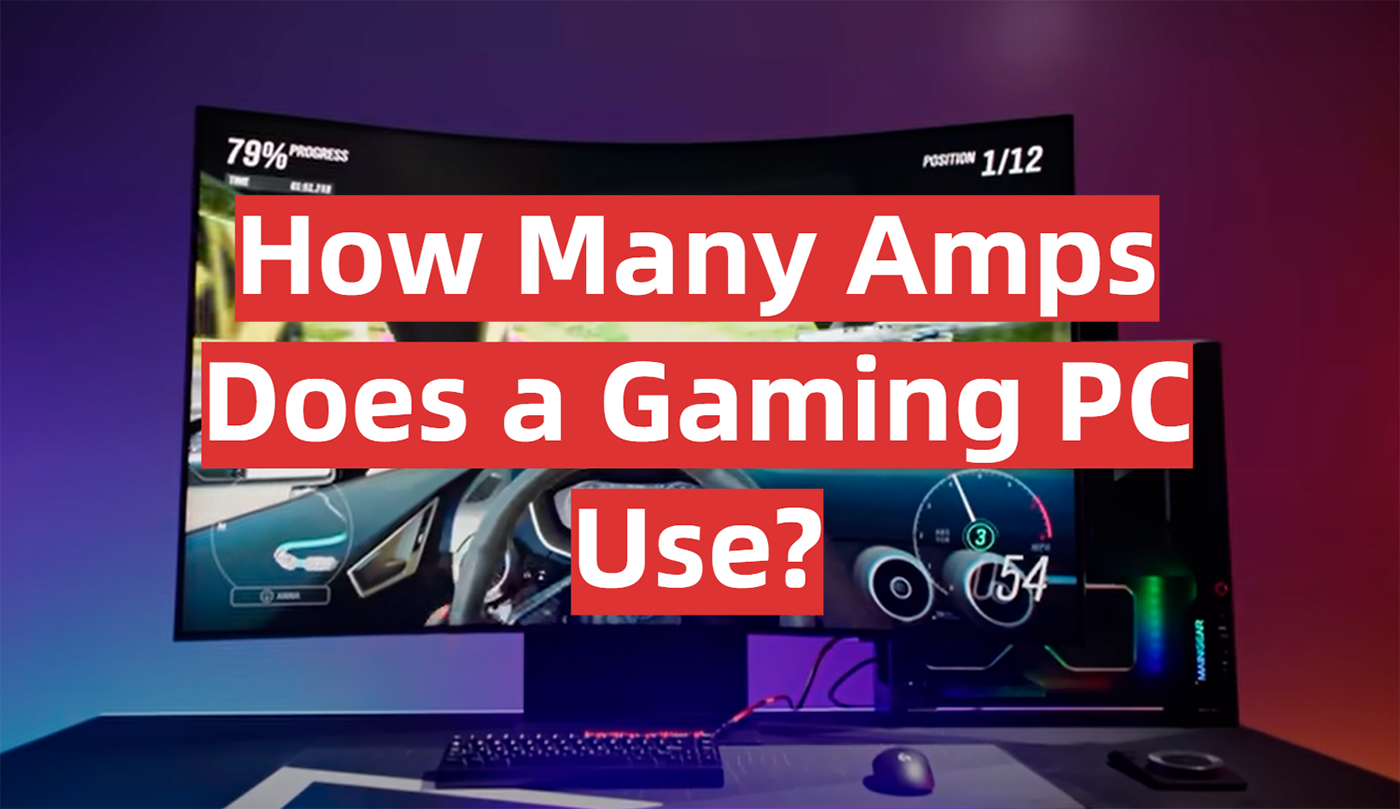




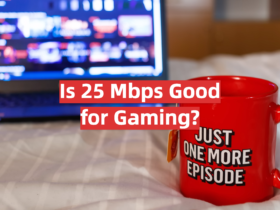
Leave a Reply